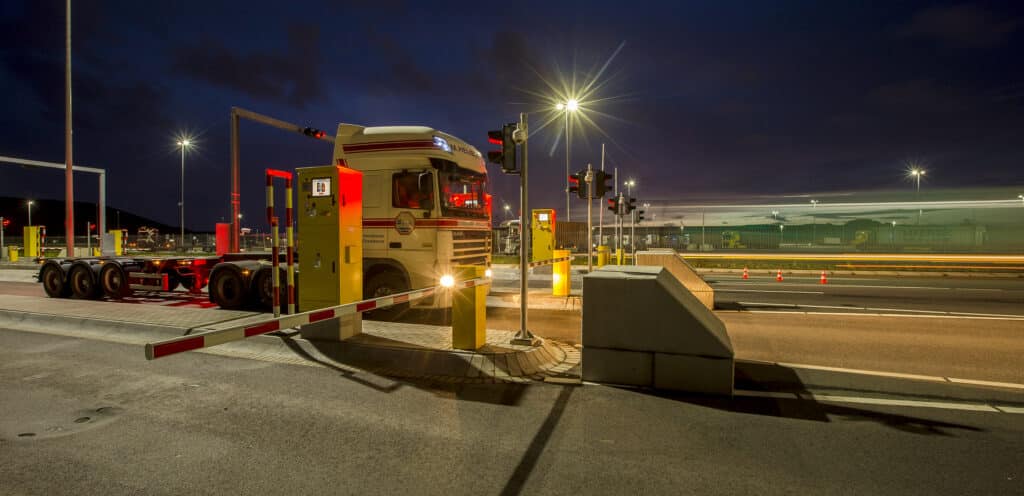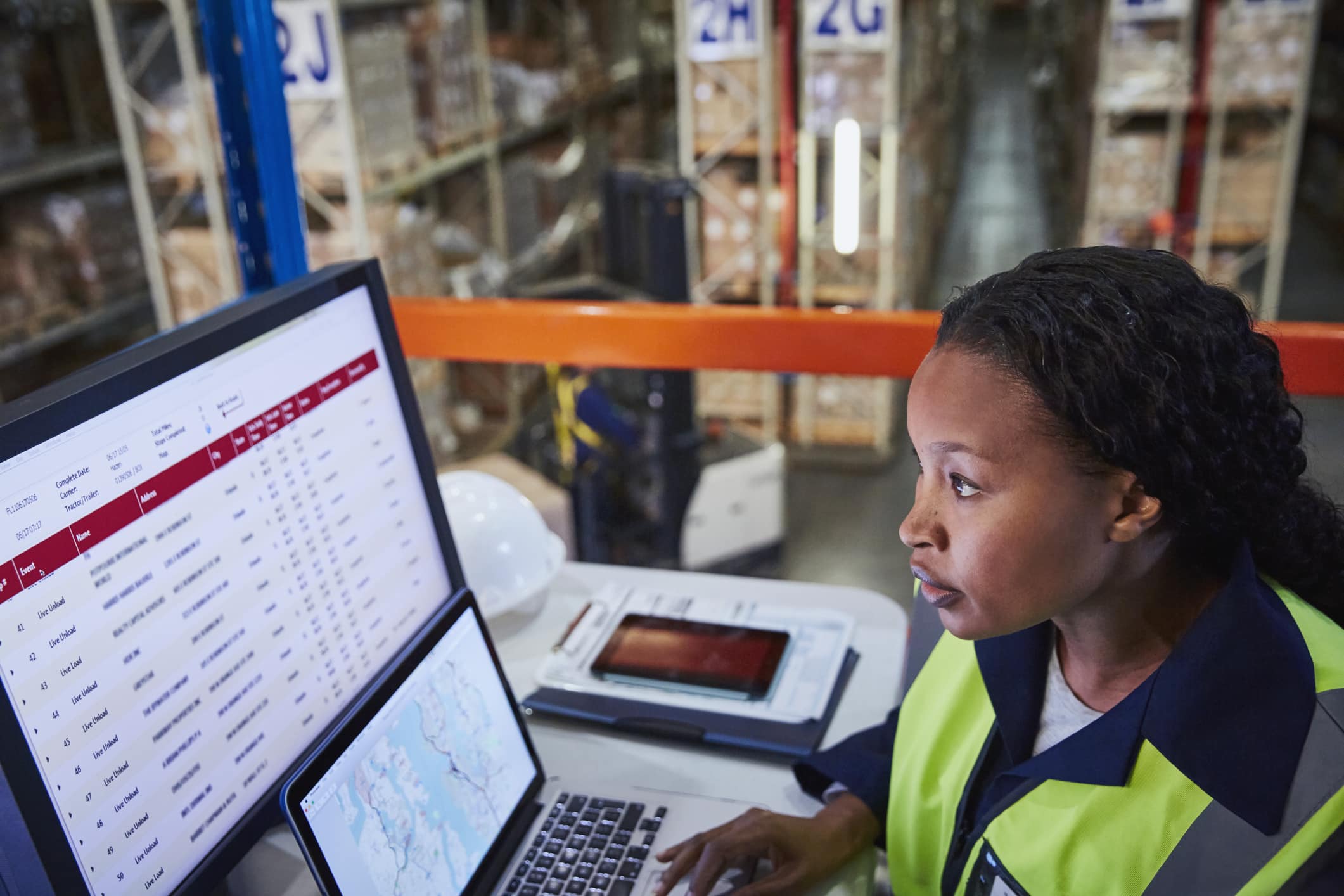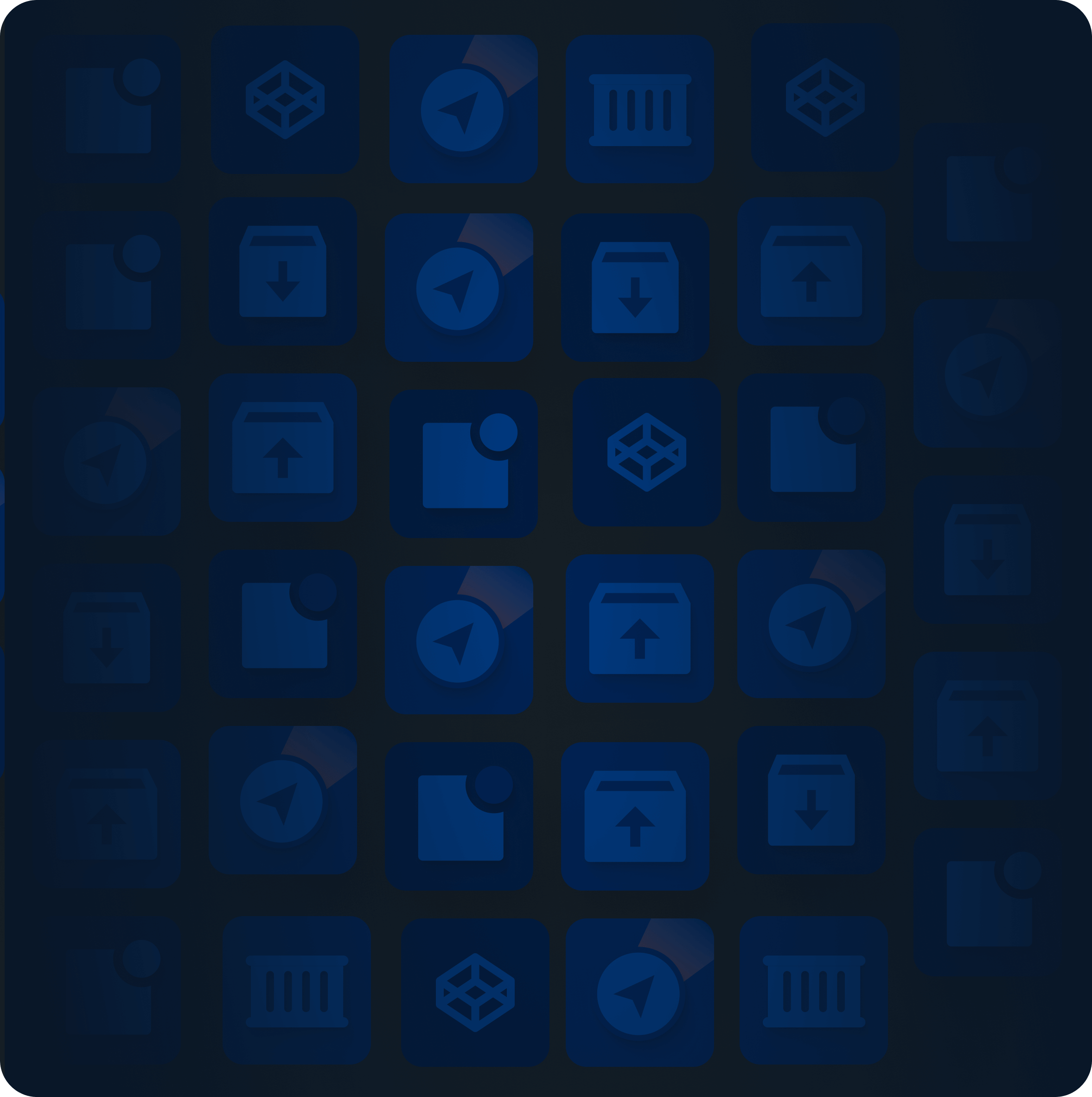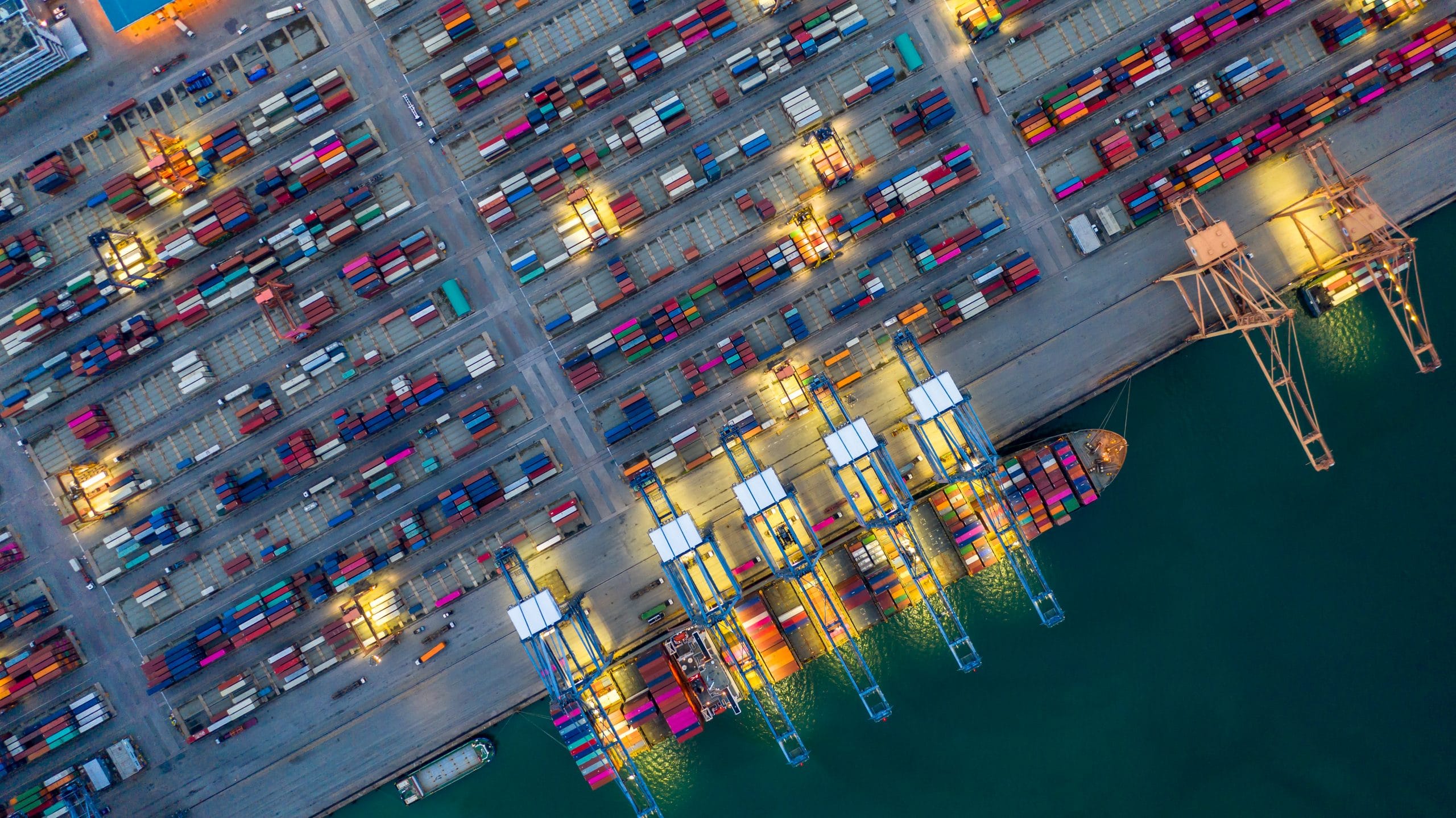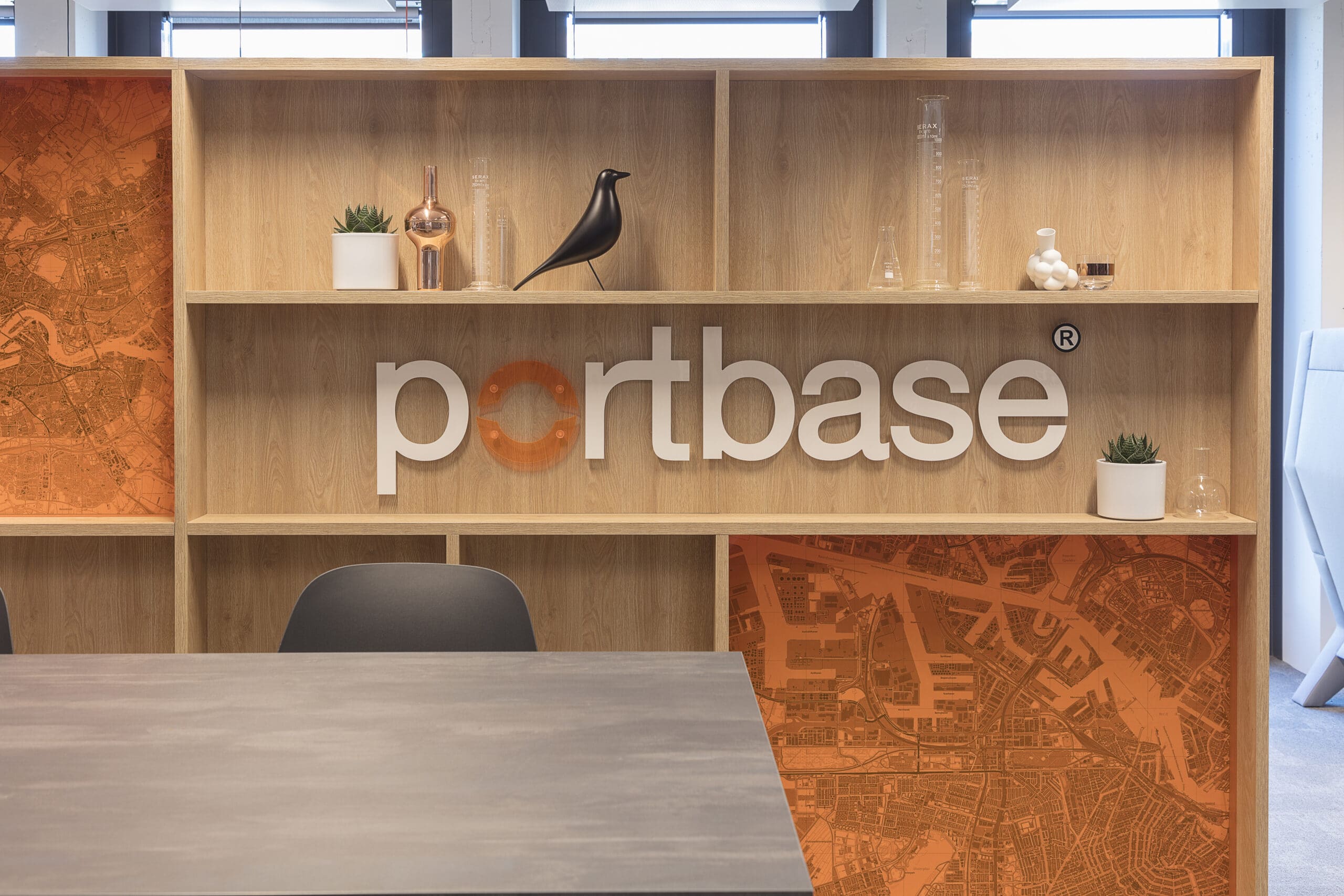In today’s fast-paced container logistics environment, control and visibility are no longer nice-to-haves; they’re mission-critical. As a technology and data-driven freight forwarder, Flexport partners with Portbase to bring next-level visibility and automation to its operations in the Port of Rotterdam. The result: faster, more transparent, and more efficient handling of complex import flows.
Insight as the key to success
Flexport integrates advanced technologies like AI and real-time data into a unified platform that gives clients full control over their global shipments. With the help of Portbase’s Cargo Controller, Flexport delivers increased visibility into import container status at the Port of Rotterdam. This empowers its operations teams and customers alike with better planning, fewer delays, and improved cost efficiency.
Joe van Schie, Senior Global Operations Associate at Flexport Netherlands, sees Portbase’s Cargo Controller as a foundational part of Flexport’s Rotterdam operations. “Cargo Controller plays a crucial role for us in having the right information regarding our container flows via the port of Rotterdam. A practical example: the handling of a deepsea vessel can take several days. In the past, we had to estimate when a container would actually be discharged at the terminal. Thanks to Cargo Controller, we now have more accurate insight into the Expected Discharge Time. This kind of information enables us to inform our chain partners, such as the inland transporter, in a timely manner and prevents containers from remaining at the terminal unnecessarily.” By integrating this real-time data into its platform, Flexport can proactively update customers and partners, reducing idle time, minimizing exceptions, and strengthening downstream coordination.
Another key element is the expected and actual time of arrival (ETA/ATA) of a vessel, which plays a critical role in the planning processes of shippers and forwarders. Van Schie explains: “The ETA often changes, which can make planning difficult. However, because Cargo Controller is connected to deepsea terminals such as ECT, APM and RWG (Premium Terminal Data), we automatically receive the most accurate updates into our system. That gives us the insights and control we need to serve our customers optimally.”
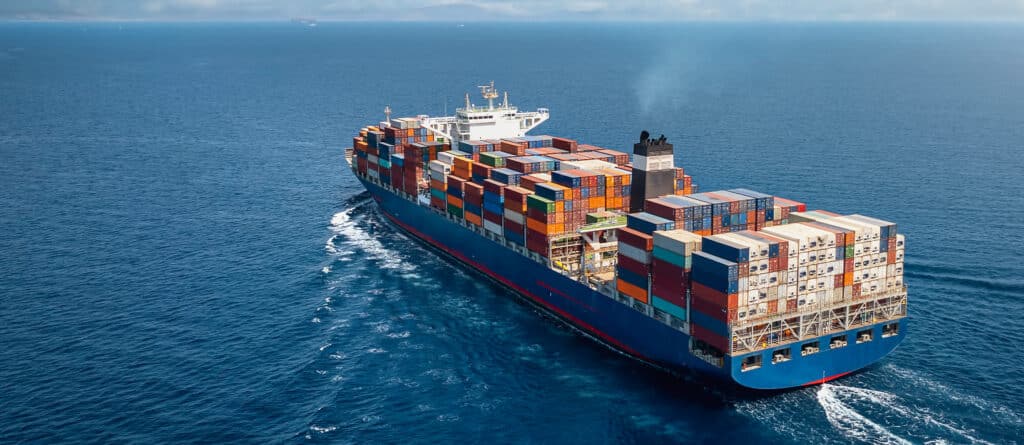
Secure Chain: safe and controlled release of import containers
Flexport embraced the Secure Chain not just as a security requirement, but as a chance to modernize its import release workflows. The early adoption allowed Flexport to reduce manual steps, cut down on phone and email traffic, and ensure better time-slot utilization for inland transport. Customers benefit from faster handoffs and more reliable delivery timelines.
“Although it required a shift in our operational approach, the benefits where clear to everyone,” says Van Schie. “We now receive the container release from the shipping line as a digital authorisation via Portbase, which allows us to automatically connect our inland operator in Portbase. The inland operator can then submit a pre-notification to the terminal and is guaranteed a preferred time slot. We automatically receive confirmation in our system. In short: fewer manual actions, no more back-and-forth phone calls—everyone in the chain is informed in real time.”
Portbase as a vital link in port logistics
As a platform connecting the broader port community, Portbase is essential to Rotterdam’s efficiency – and to Flexport’s success. By tapping into Portbase’s robust data infrastructure, Flexport enhances its customer offering with real-time updates, simplified handoffs, and scalable automation. For forwarders looking to digitize their operations, Flexport’s approach demonstrates how powerful the combination of smart software and ecosystem collaboration can be.
“Without Portbase, the Port of Rotterdam would come to a standstill,—it provides by far the most reliable source of information for us as a freight forwarder,” says Van Schie. He also sees clear advantages for other forwarders: “As a forwarder, there is no longer a need to establish separate connections with terminals, shipping lines, or customs. Portbase has already taken care of that. It simplifies the process and enables the entire port community to operate more efficiently.”

